When it comes to buying kitchen appliances, a simple cutting board is the first choice. But is there plastic versus wood in this product?
Whether you’re whipping up a quick weeknight dinner for the family or a delicious three-course feast for a special occasion, you’ll no doubt use your chopping board to chop, slice, dice, carve and serve your culinary delights. you will This is because your chopping board is versatile and can be used for all of these tasks. The event can be something as simple as a special occasion or as big as a special occasion.
Consequently, you want to invest in a case that can handle work-related obligations. So which of these options is better?
The table below provides a comparison and contrast of hardwood and plastic cutting boards. When it comes to cutting boards for your kitchen, choosing between plastic and hardwood options isn’t always easy.
Both have their pros and cons, but in the end, for us, it comes down to wood being a material that is significantly less damaging to the environment, and we also believe that it is more aesthetically appealing. has it!

Let’s look at a few reasons why you should consider buying a wooden chopping board for all your cooking needs. These arguments will help you to be convinced that a wooden cutting board is the best option.
Wood is a wonderful material to use in the kitchen for several reasons, including the fact that it naturally inhibits the growth of microorganisms. How does this manifest itself? Once trapped inside the wood, the bacteria are unable to reproduce and eventually die. This can give you peace of mind that germs from food, like raw meat, for example, are less likely to linger on your cutting board and cause discomfort if you swallow it later – or even worse, if you’ve cooked it for people to eat. !
Plastic boards are non-porous which means they are easy to clean. However, there is a possibility of accumulation of microbes in the protrusion of the boards, which can cause problems in terms of cleanliness of the environment.
You should also be aware that if you cut your food while using a plastic cutting board, there is a risk of transferring microplastics to your food. This is something you should be aware of. If you can avoid consuming microplastics, you should do your best to do so.
The full extent of the damage that can be done by doing this is not yet fully understood, but it is highly unlikely that doing so would be beneficial. If you can avoid consuming microplastics, you should do your best to do so. Another benefit of using hardwood cutting boards is the way the knife cuts across the surface of the board when in use.
Because the knife can easily cut through the grain of the wood without leaving a mark, wooden cutting boards are more durable than plastic boards. On the other hand, a plastic board is easily damaged and broken.
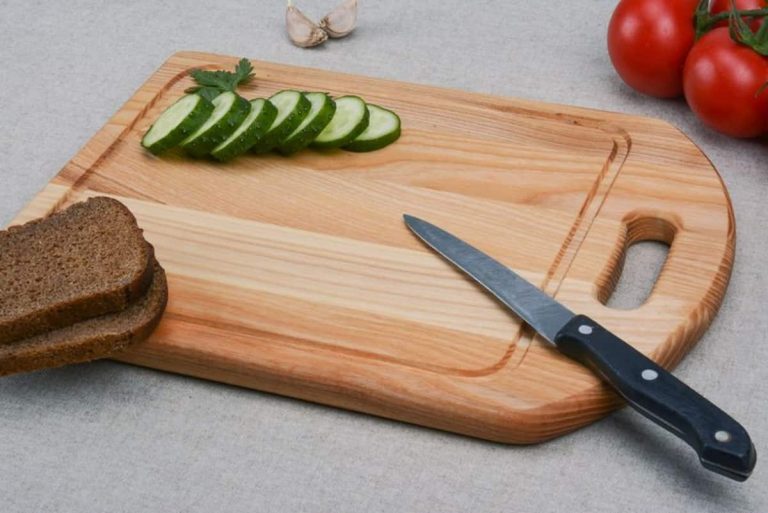
If your board is scarred or scratched, these blemishes can be easily repaired with a polishing machine, making it look as good as it did when it was brand new. On the other hand, the indentations left on the plastic board after the knife is used may act as a fertile breeding ground for microbes, as these indentations are left by the knife.
In addition, using a hardwood board will be beneficial to your valuable collection of kitchen knives as it enables the blades to retain their sharpness for a longer period of time.
This will help you get more out of your knives. Even after use, the board will remain waterproof if you remember to oil it regularly. Chopping things that are harder to cut, like meat or root vegetables, is another job that lends itself well to the surface of a thick wooden board, which is a great choice.
Cutting boards made of plastic are often more portable than other types of cutting boards because they weigh less than other types of cutting boards. On the other hand, this means they’re more likely to slip or move around on your kitchen counter, which isn’t ideal when you’re working with a meat grinder or other type of sharp equipment.
However, this does not mean that there are no advantages to using plastic boards. In fact, the opposite. They can usually be purchased inexpensively, most are dishwasher safe, and are available in a wide variety of colors and designs to choose from. However, be aware that working with some materials, such as acrylic, can suddenly dull a blade that was sharpened moments ago.

If you decide to use plastic, instead of acrylic, use polyethylene or polypropylene as your material of choice. It’s important to remember that even putting your plastic cutting board in the dishwasher is no guarantee that it will be free of bacteria.
In addition, this process leads to the release of more microplastics into the environment. Some of these microplastics may find their way into the food you eat and the utensils you use.
Additionally, it’s important to know that if the knife leaves a scar on the plastic, it’s time to step up your cleaning game, and you need to be aware of this fact. Your dinner, which you have laboriously prepared, is at a higher risk of contamination if it is served on a plastic board due to the increased possibility of cross-contamination and the presence of bacteria that you do not want.
Mold can also grow under the surface of the board, which is another reason that old, worn boards should be replaced as soon as signs of wear and tear appear. As a result, an option that was previously more affordable may end up being more expensive.
Using a wooden board makes it easy to transfer hot pots and pans directly from the stove to the board. This is because wood can withstand high temperatures, enabling wood to withstand heat. In addition, wooden planks can be placed on top of plank-top pots and used to prepare a large help-yourself dinner served on dining tables.

When you finish using a plastic chopping board, which will probably be around for over a thousand years sooner than when you finish using a wooden chopping board, even if it’s no longer useful to you. . This is in contrast to a wooden chopping board, which is likely to be ready sooner than you’re done using it.
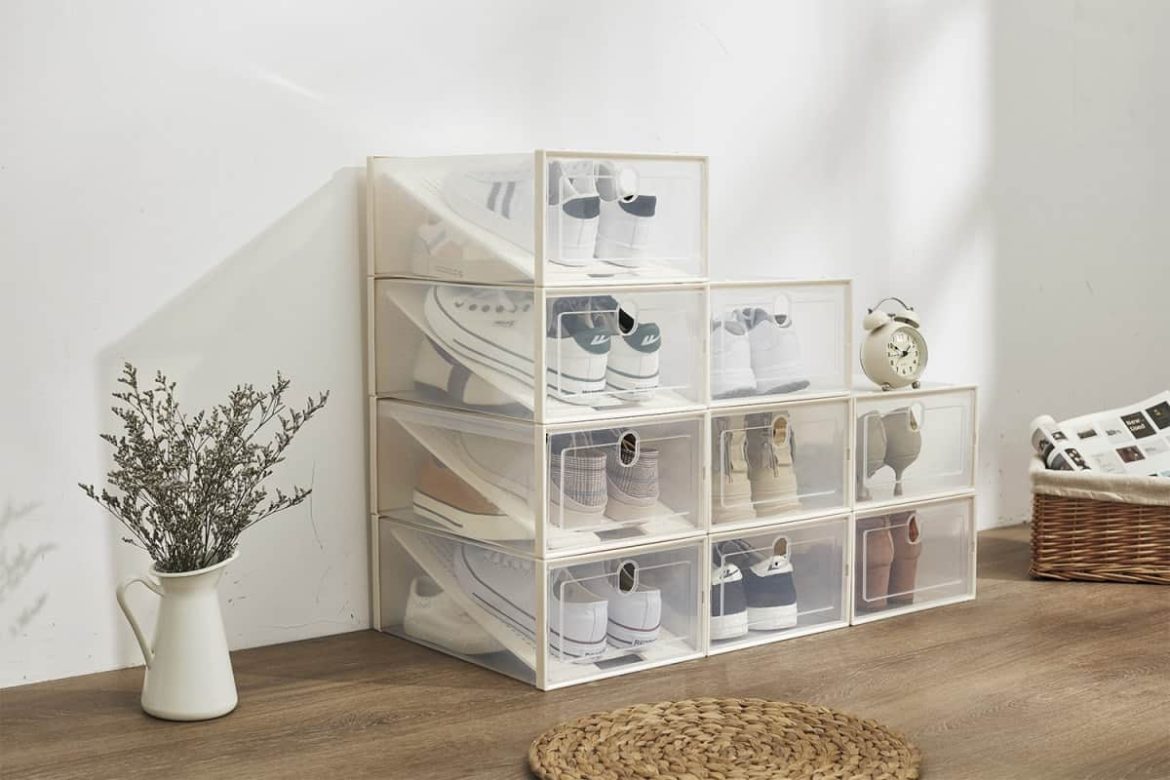
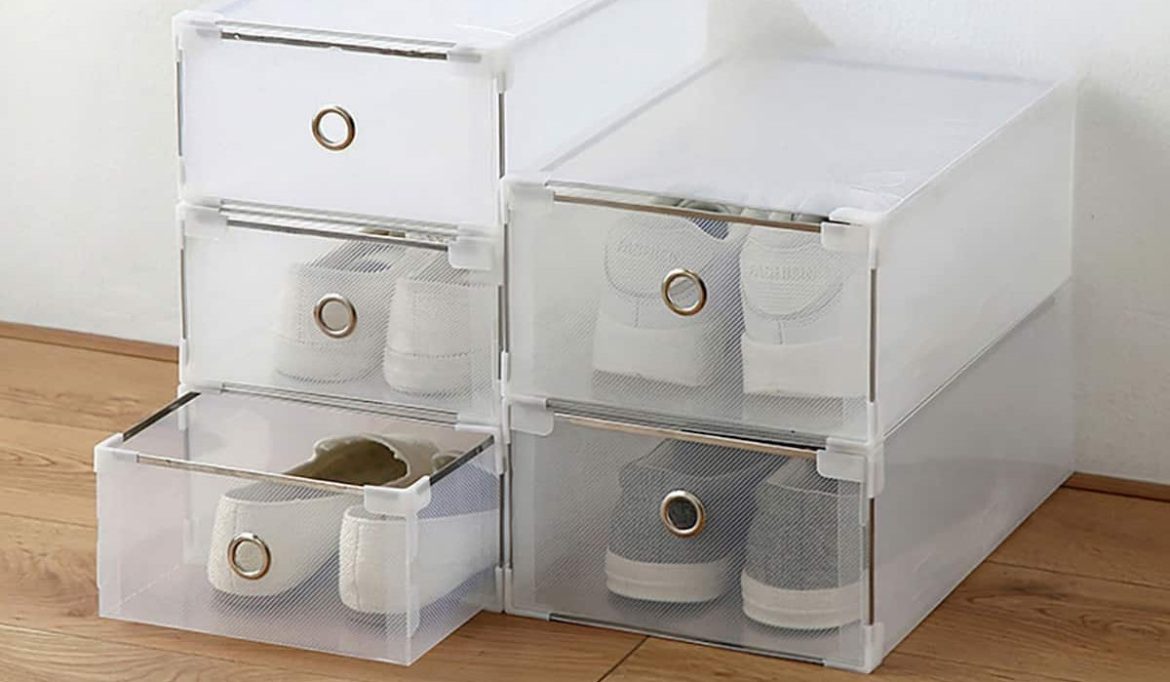
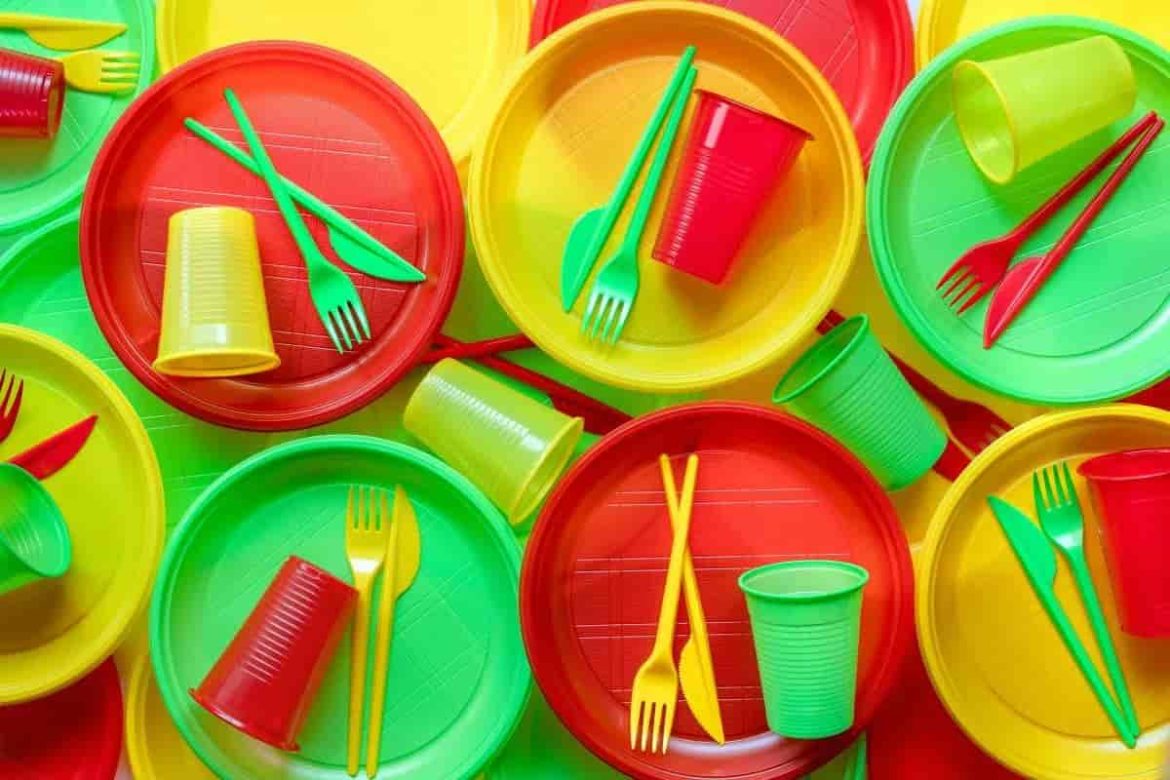
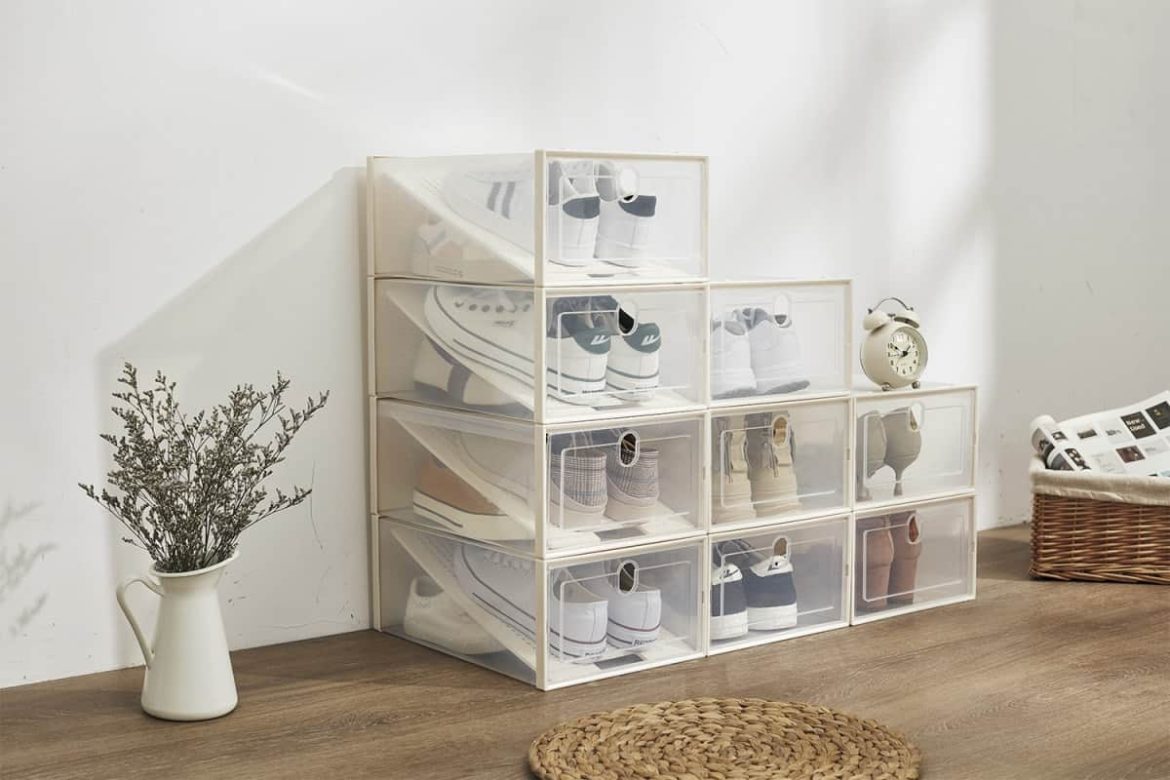
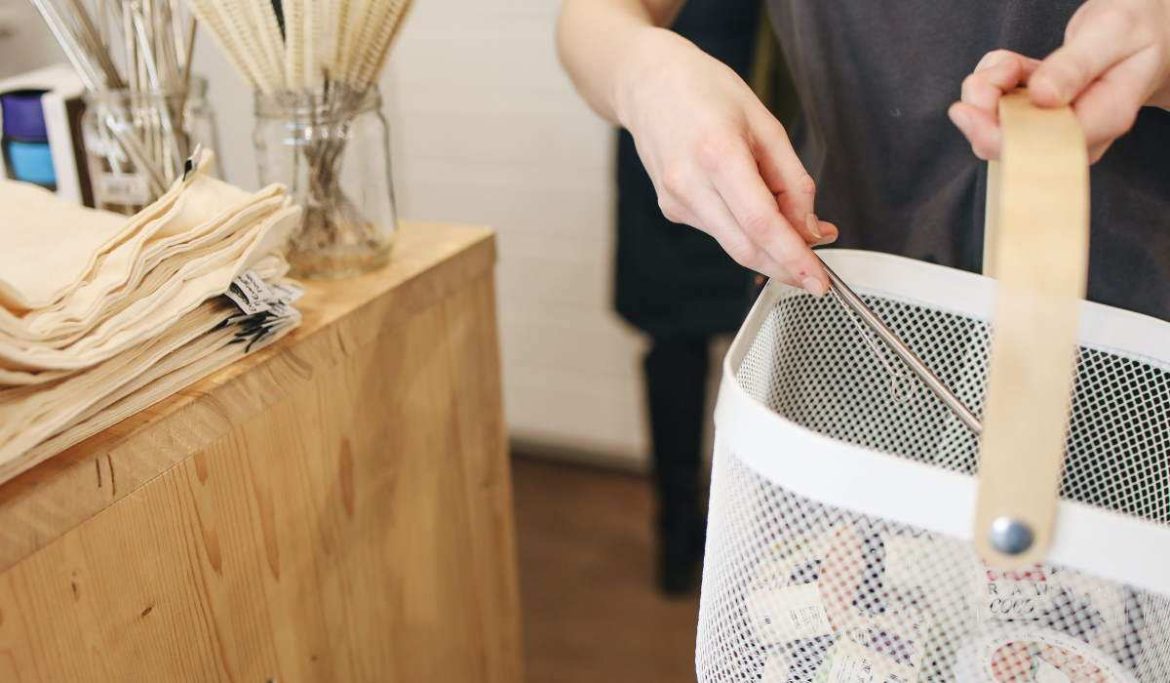
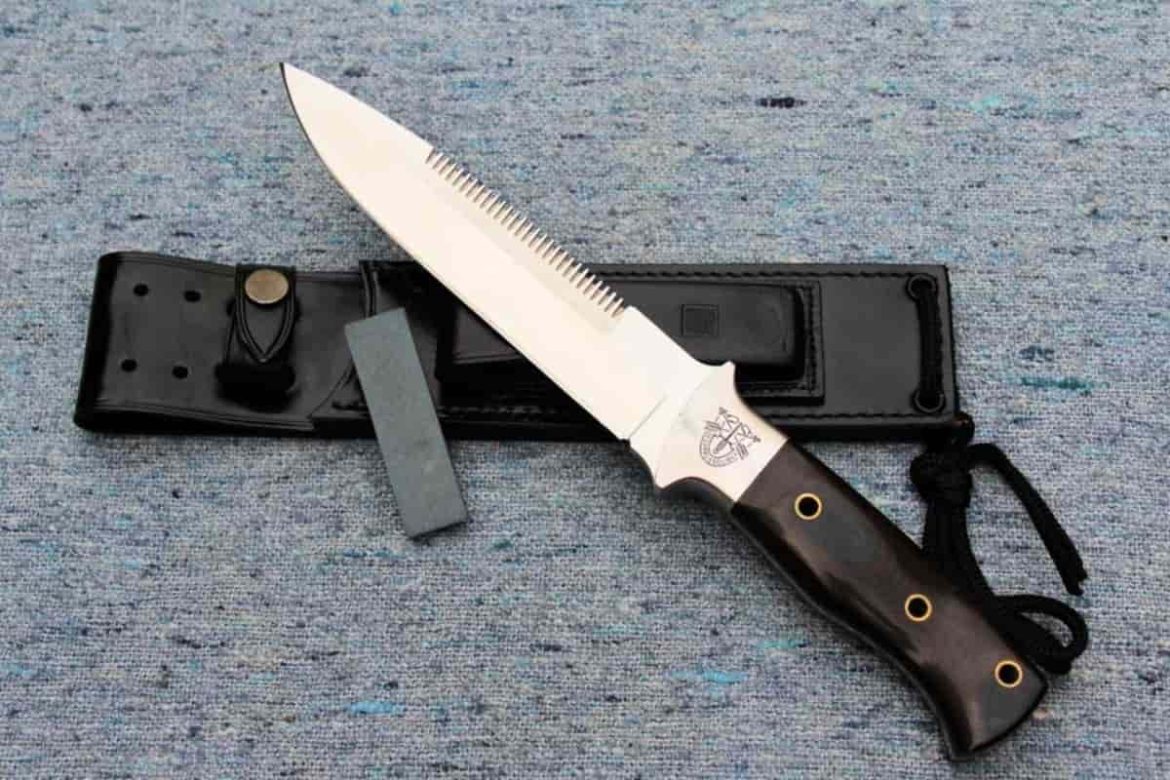
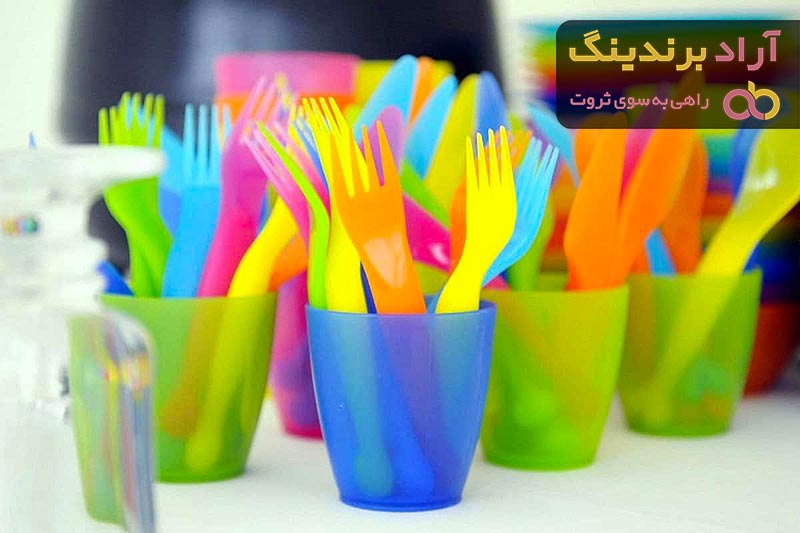
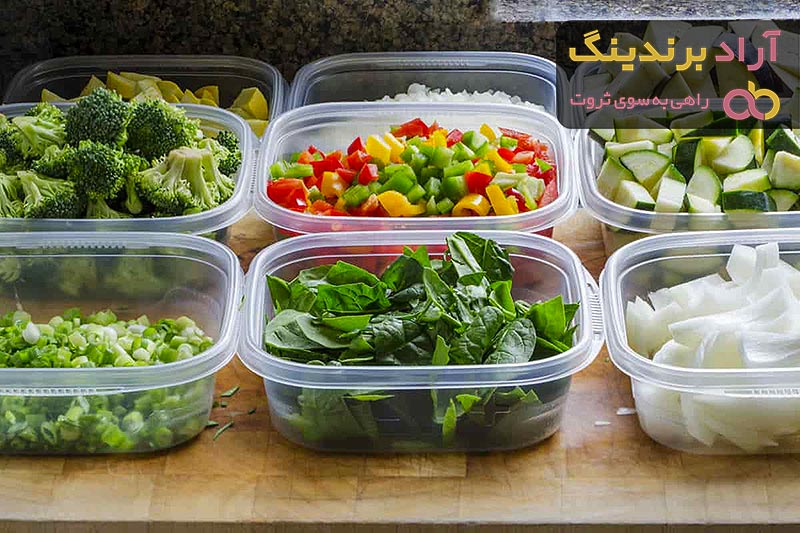
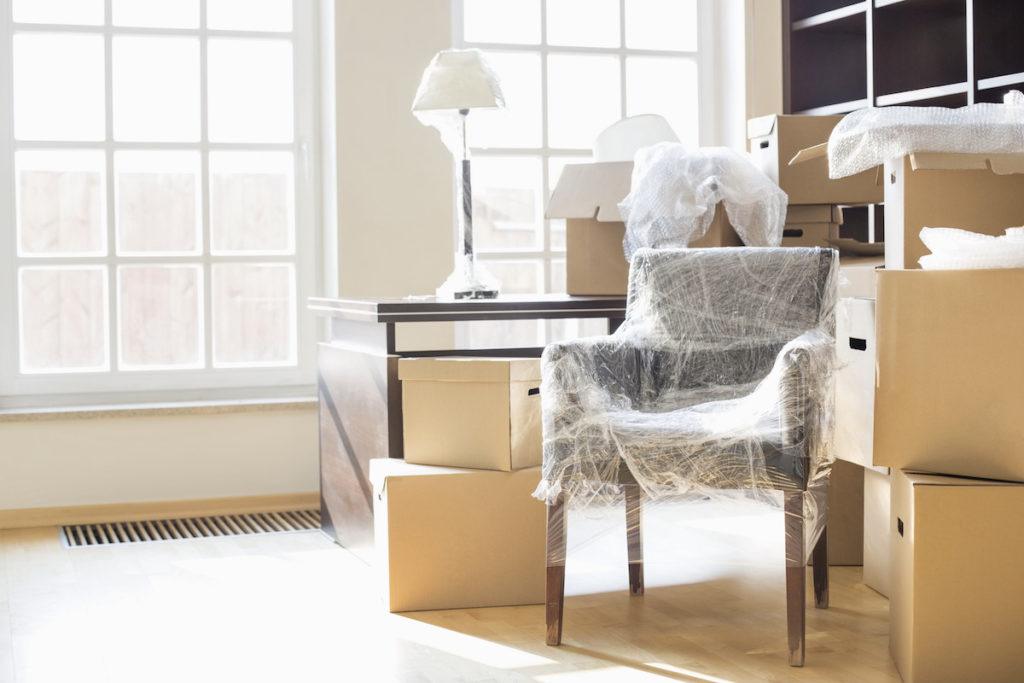
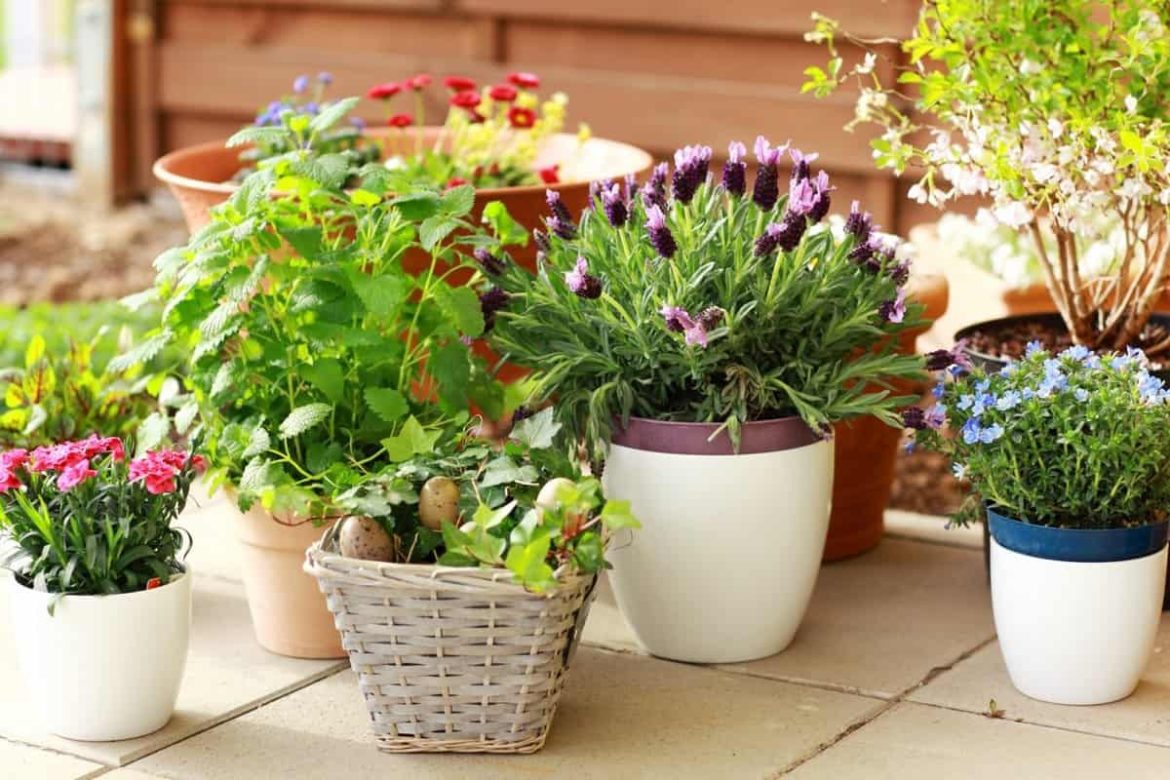
Your comment submitted.